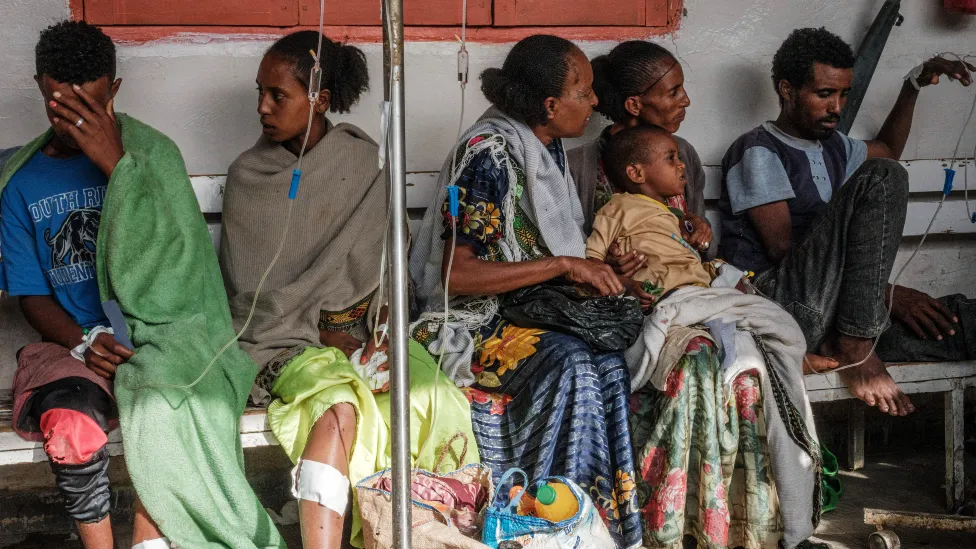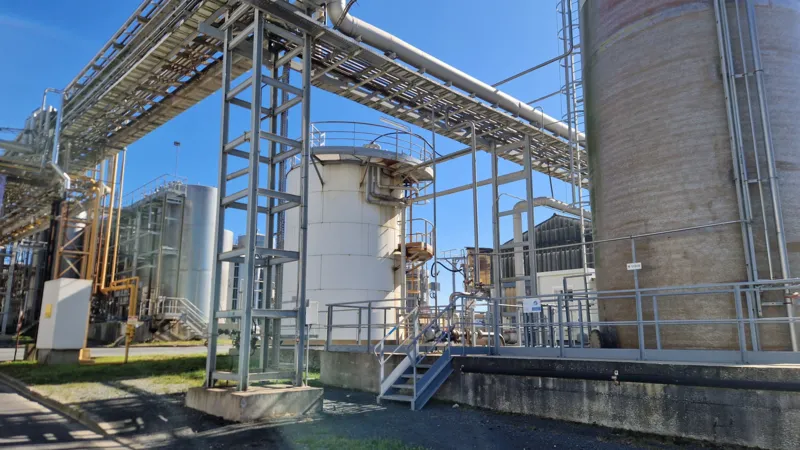Ethiopia's Tigray conflict: Nasa shows how a war zone faded from space
New images taken from space at night starkly show how the conflict in Ethiopia's northern Tigray region has left a population facing one of the world's worst humanitarian crises. Cities are shown fading to black over 20 months as electricity supplies are shut down.

The Nasa satellite photos have been shared with the BBC as Ethiopian troops and militias, along with soldiers from neighbouring ally Eritrea, appear to be gaining the upper hand against Tigrayan forces.
On Tuesday, Ethiopia said its army had taken control of Shire, one of Tigray's biggest cities, and the towns of Alamata and Korem, which lie to the south of the regional capital, Mekelle.
The UN, African Union and the US, among others, warn that the resurgence of heavy warfare could worsen the already catastrophic situation for civilians.
The Ethiopian government has not granted journalists access to Tigray since June 2021. With most communications cut off in the region, it's hard to report on the extent of the conflict and humanitarian crisis.
New data from the Tigray Bureau of Health, shared with the BBC, reveals how the blockade on the region - which has largely halted humanitarian aid as well as other services like electricity and banking - has affected young children.
The figures show that the number of those under the age of five who have died from malnutrition has risen by a staggering 1,533% over the two years from July 2020 - before the war broke out. That means for every child who died before the war, 16 died in 2021-22.
Dr Kokeb Hagos, who collates the Tigray Health Bureau data, told the BBC that 2,450 children had died in hospitals between July 2021 and July 2022 - a huge underrepresentation, he says, of the true figure as health workers cannot travel around the region because of a shortage of fuel while phone lines and the internet have also been cut.
Numbers have to be jotted down on pieces of paper and sent by any available transport to the bureau for collation, including the information that 70% of children found to be severely malnourished have not been treated because of a lack of food and medicine.
One of the children known to have died this year is Surafeal Mearig. The BBC first reported on his case in January 2022. At the time he was three months old and weighed just 2.3kg (5lb), 1kg less than he did at birth. His parents had run out of money to buy food after they lost their jobs. Doctors at Mekelle's Ayder Referral Hospital, where he was being treated, told us he died a month later.






